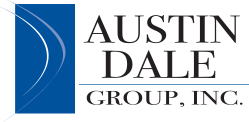The Engineering Services industry covers companies that design and develop processes, structures, machines, and instruments. Environmental consulting services includes advice and assistance to others on environmental issues, such as controlling environmental contamination from pollutants, toxic substances, and hazardous materials. Austin Dale Group has many years of advisory experience working with engineering and environmental companies.






